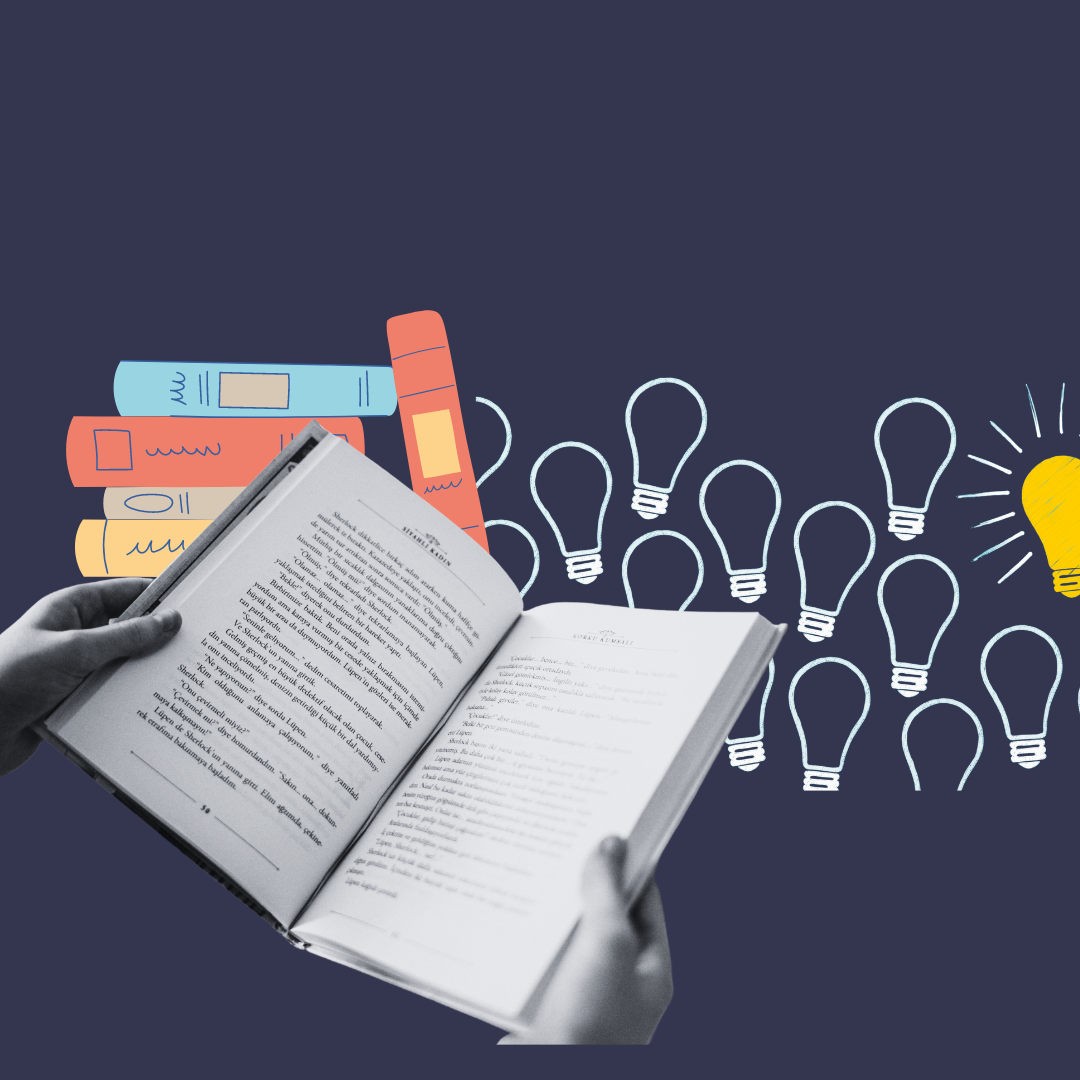Anxiety Self-Assessment: Evaluate Your Symptoms and Stress Levels
Despite the government’s 2019 ban on e-cigarettes, India’s vaping scene is growing rapidly, especially among teens and young adults. Marketed as a "cool" and "safer" alternative to smoking, vaping devices are still widely available through black markets and online sellers. Many users, especially students, are unaware that these sleek devices deliver high doses of nicotine, often more addictive than traditional cigarettes.
The health risks are severe. Vaping can cause lung damage, heart issues, and "popcorn lung" (bronchiolitis obliterans), a condition linked to toxic chemicals in e-liquids. Unlike smoking, vaping’s sweet flavors and discreet design allow constant use, deepening addiction without obvious signs. Studies show young vapers are 3x more likely to start smoking cigarettes later.
Worse, India lacks proper awareness campaigns, leaving many to believe vaping is harmless. With no age checks on illegal sales, teens easily access devices, risking long-term brain development and mental health issues like anxiety. The ban hasn’t stopped the crisis, it’s just pushed it underground.
This 2 minute quiz can be the first step towards a better you - to help you take control, set realistic goals, and seek support if needed. Take a moment to reflect and see if vaping is impacting your life more than you think.





